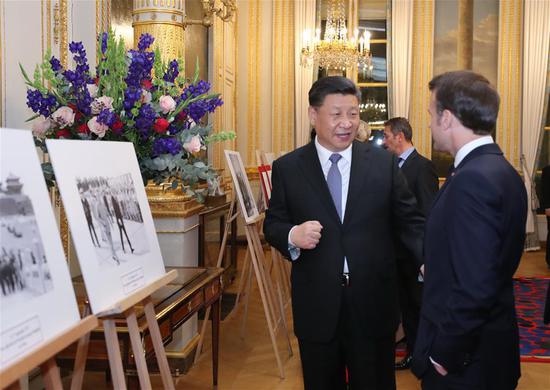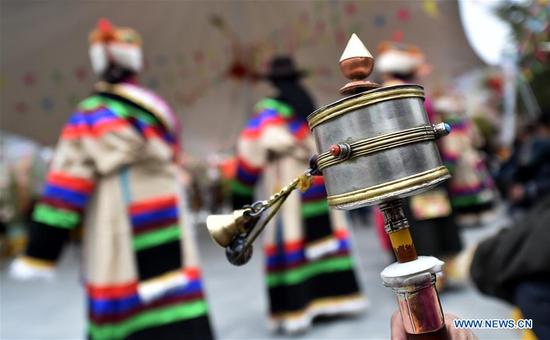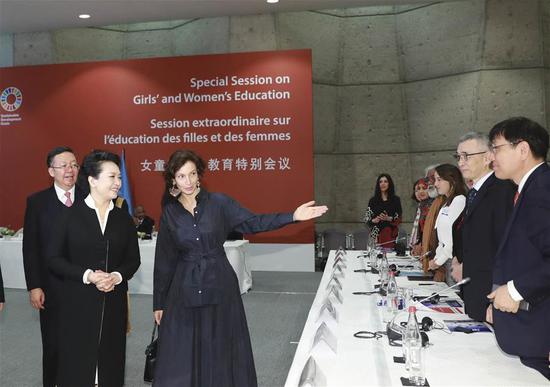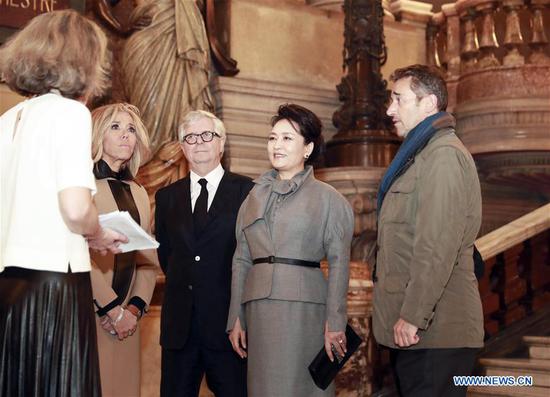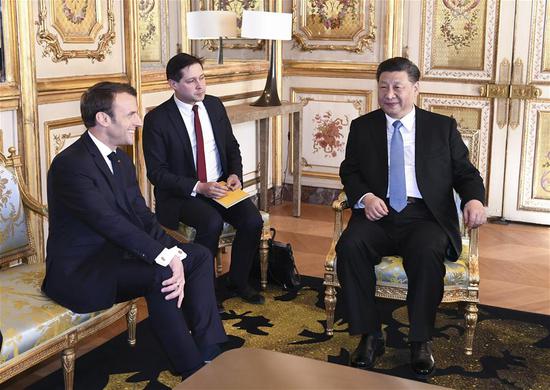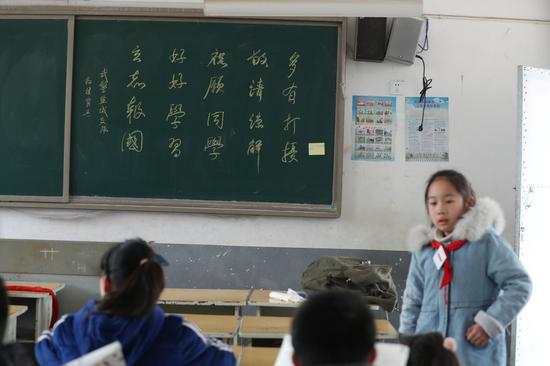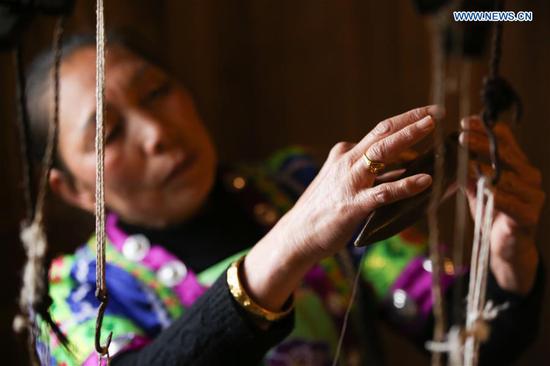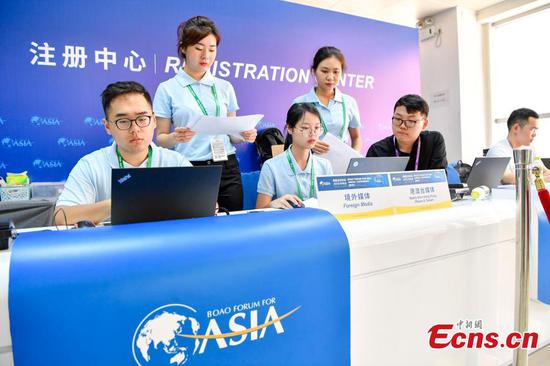
A file photo of Thubten Khedrup, a member of the National Committee of the Chinese People's Political Consultative Conference, the nation's top political advisory body. (Photo provided to China Daily)
Proud boast
Earlier this month, Thubten Khedrup was one of the 2,000-plus political advisers who attended the second session of the 13th National Committee of the CPPCC.
Members of the committee come from a range of backgrounds, including scientists, officials, entrepreneurs, artists and religious figures. They gather at the annual session to discuss major political, economic and social issues.
"Being a political adviser is not only an honor, it is also a responsibility," Thubten Khedrup said.
He is also proud of another identity-a son of Tibet. "I even use it as my name on social media," he said.
Born in a herdsman's family in Joda, a county in Chamdo city, Thubten Khedrup is grateful that as a professor at Tibet University he has lived up to his dream of becoming a teacher.
"I am the son of one of the 1 million serfs who were emancipated with the help of the Communist Party of China 60 years ago," he said. "Thanks to the CPC, I can be what I am today."
After graduating from Southwest Normal University in Chongqing in 1988, Thubten Khedrup had many opportunities to work in China's wealthy coastal provinces.
However, he was desperate to return to Tibet to work as a teacher, even as a primary school teacher in a remote town.
"We Tibetan people highly appreciate teachers, because teachers mean wisdom," he said.
In his 30-plus years at Tibet University, he has researched the problems facing the region and shared his findings with the government and his students.
Brought up in the plateau region, Thubten Khedrup developed a great interest as a college student in any Tibet-related topic.
"I am eager to know more about Tibet, and I hope conditions can improve," he said.
"Identifying problems in Tibet's development and coming up with solutions is how I fulfill my obligations as a political adviser."
As an expert in the Tibetan economy and tourism sector, he has visited many places, both in China and overseas, since 2008.
Thubten Khedrup will never forget a trip to France in 2010 when a group of foreigners challenged him about the human rights situation in Tibet.
"I'm a teacher and I like to answer questions. I would like to teach you that human rights include the right to live and develop. Instead of preaching, I will give you an example: I am the son of a serf in old Tibet. If today's Tibet was as bad as you describe, how could I sit here to have a meeting with you in France?" he told them.
"Tibetan people should have the confidence to pursue their happiness, never mind what others say," he said.
Initially, he discovered that Tibetans living overseas had doubts about the situation in the region. Gradually, though, they have learned about the rapid development of Tibet from television and friends. Some even envy the people living in Tibet and regret living in exile.









